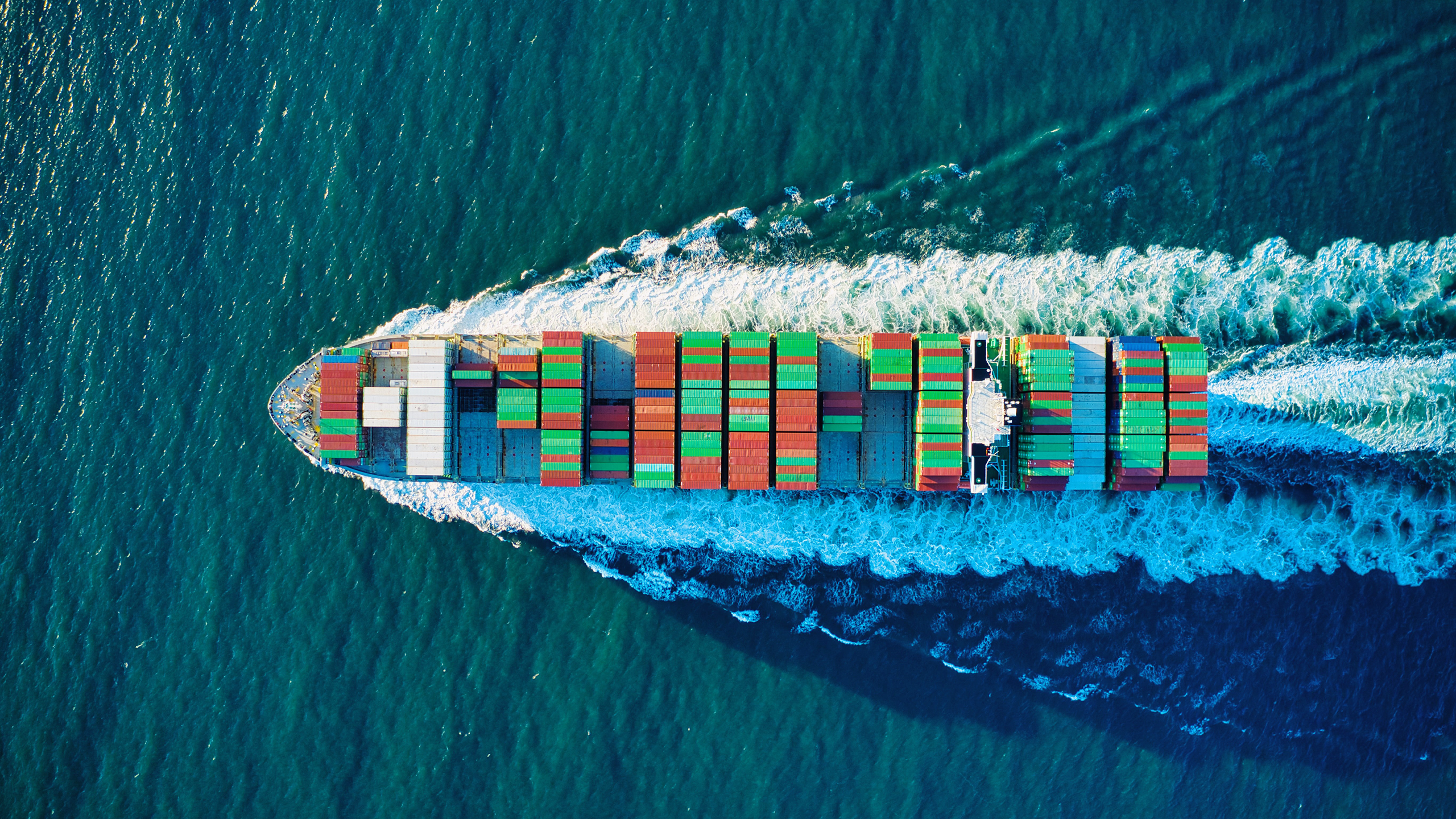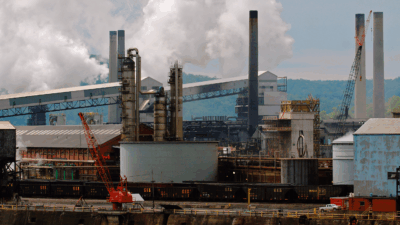Maersk Reroutes Ships Amid Middle East Conflict
Maersk announced all vessels due to sail through the Red Seas will be rerouted around Africa following attacks from Yemeni rebels.

Sign up for smart news, insights, and analysis on the biggest financial stories of the day.
Truth may be the first casualty of war, but commerce is a close second.
On Tuesday, shipping giant Maersk announced all vessels due to sail through the Red Sea will be rerouted around Africa via the Cape of Good Hope following attacks from Yemeni rebels. It’s a spillover effect of the ongoing Israel-Hamas violence and just the latest crisis roiling the shipping industry and global supply chains.
Shipping Out
Voyages from Asia to Europe typically take 30 to 40 days, with courses taken across the Red Sea before passing through the Suez Canal, according to Michael Aldwell, executive vice president of Swiss logistics group Kuehne+Nagel, who spoke with the Financial Times. The vitally important waterway accounts for roughly 30% of all global container traffic, and is crucial for transporting both goods and crude oil.
Since the outbreak of violence in Israel and Palestine on October 7, more than 10 attacks on shipping vessels have been carried out by Iran-backed and Palestine-aligned Houthi rebels in Yemen, who claim to only target ships linked to Israel. It’s been enough to turn the entire shipping ecosystem on its head. Circling around the southern tip of Africa to avoid the Red Sea altogether will likely take up to four weeks of transport time, Aldwell projected. Goods makers, retailers like Ikea, and energy industry analysts have already warned that rerouting around Africa could significantly disrupt supply chains and — you’ll never guess — further stoke inflation.
Still, Maersk isn’t alone in taking a cautious approach:
- Evergreen Marine, a Taiwan-based shipper, on Tuesday announced it will “suspend navigation through the Red Sea until further notice.” On Monday, German shipper Hapag-Lloyd also rerouted all its ships around the Cape of Good Hope.
- In total, the container shipping firms that have paused or suspended sailing in the Red Sea typically account for about 95% of all traffic through the Suez Canal, according to Clarkson Research Services data reported by Bloomberg.
“The attacks we have seen on commercial vessels in the area are alarming and pose a significant threat to the safety and security of seafarers,” Maersk said in a statement. “This decision was taken to ensure the safety of our crews, vessels and customers’ cargo onboard.”
Overboard: War isn’t the only maritime mess: The Indian navy is shadowing a bulk shipping carrier in the nearby Arabian Sea that is suspected to be the victim of a hijacking by Somali pirates, fueling concerns that the region could see a spike in piracy. Piling on is Planet Earth – a drought in Central America has hit the Panama Canal hard. The waterway is now the driest it has been since 1950, according to the canal authority, significantly slowing the flow of goods.











